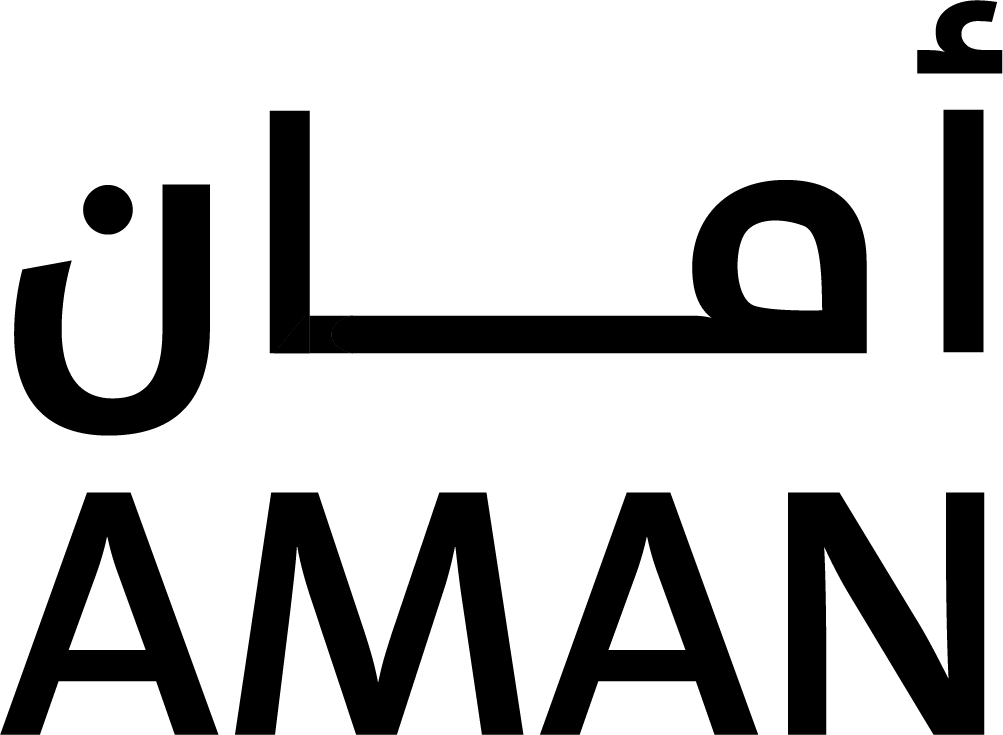
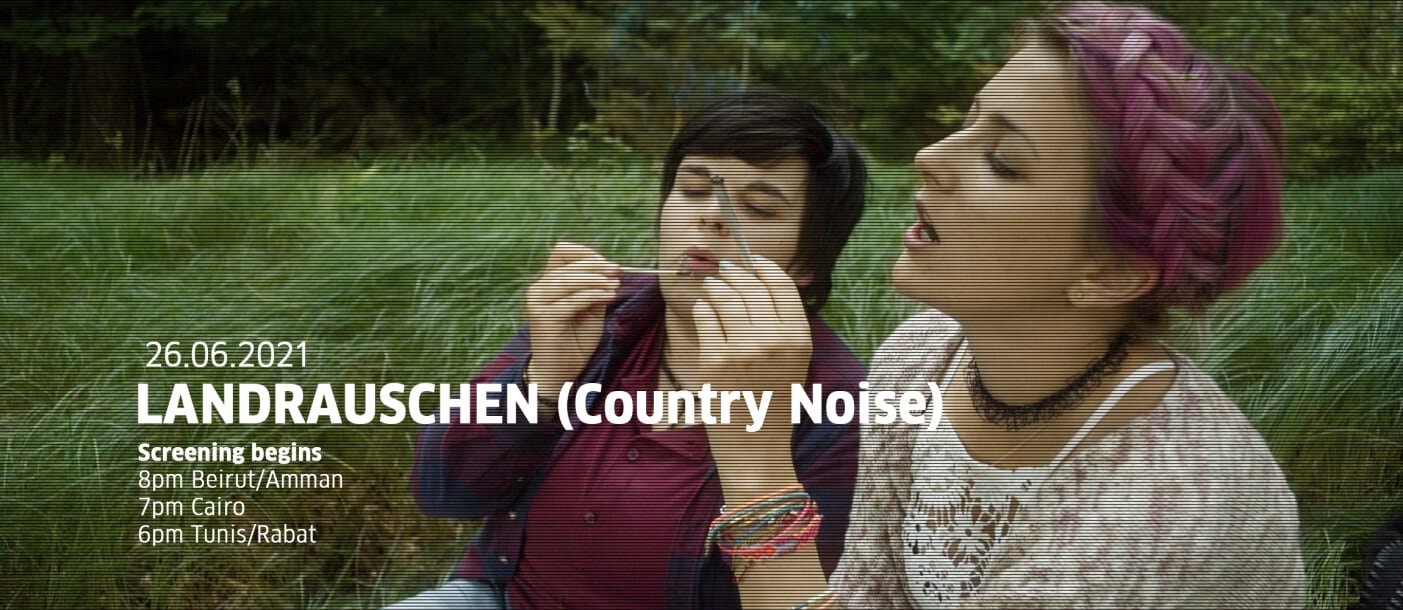
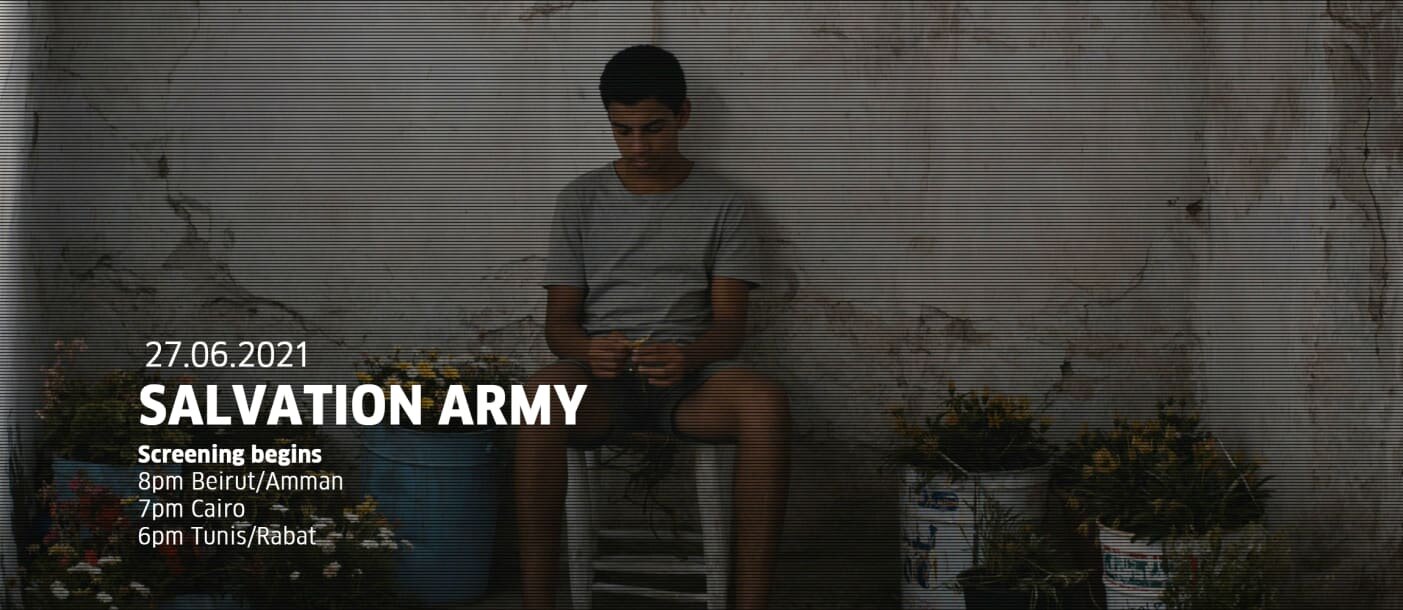

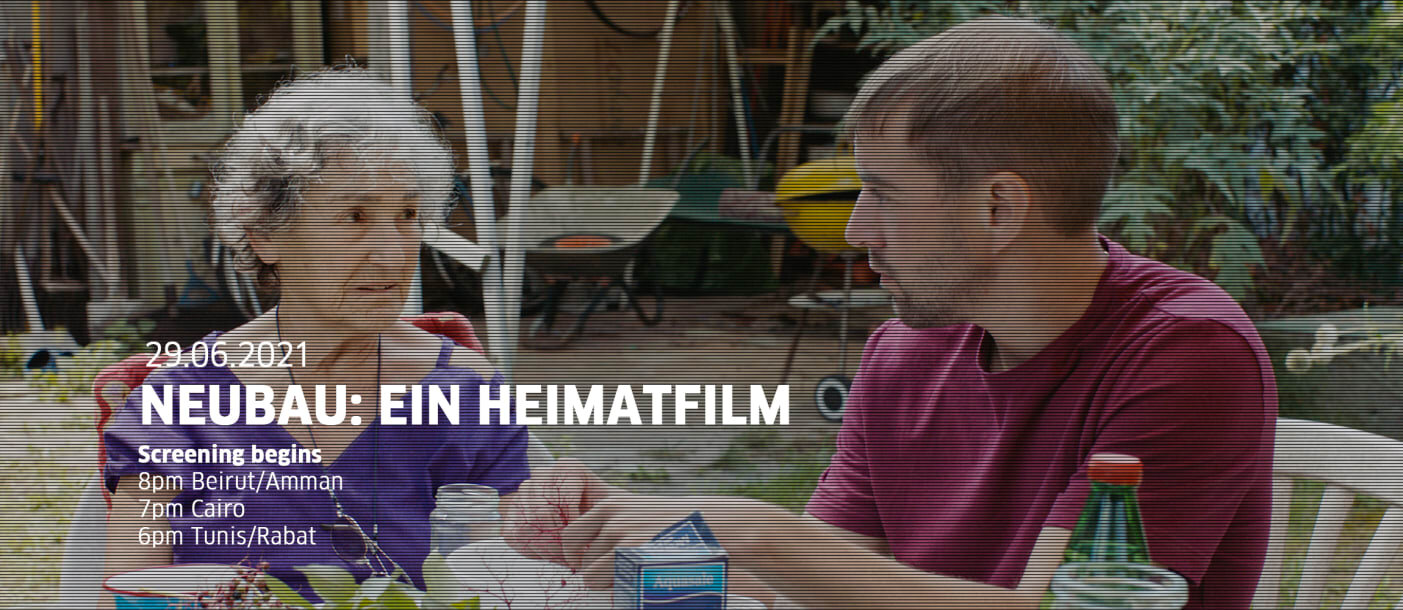

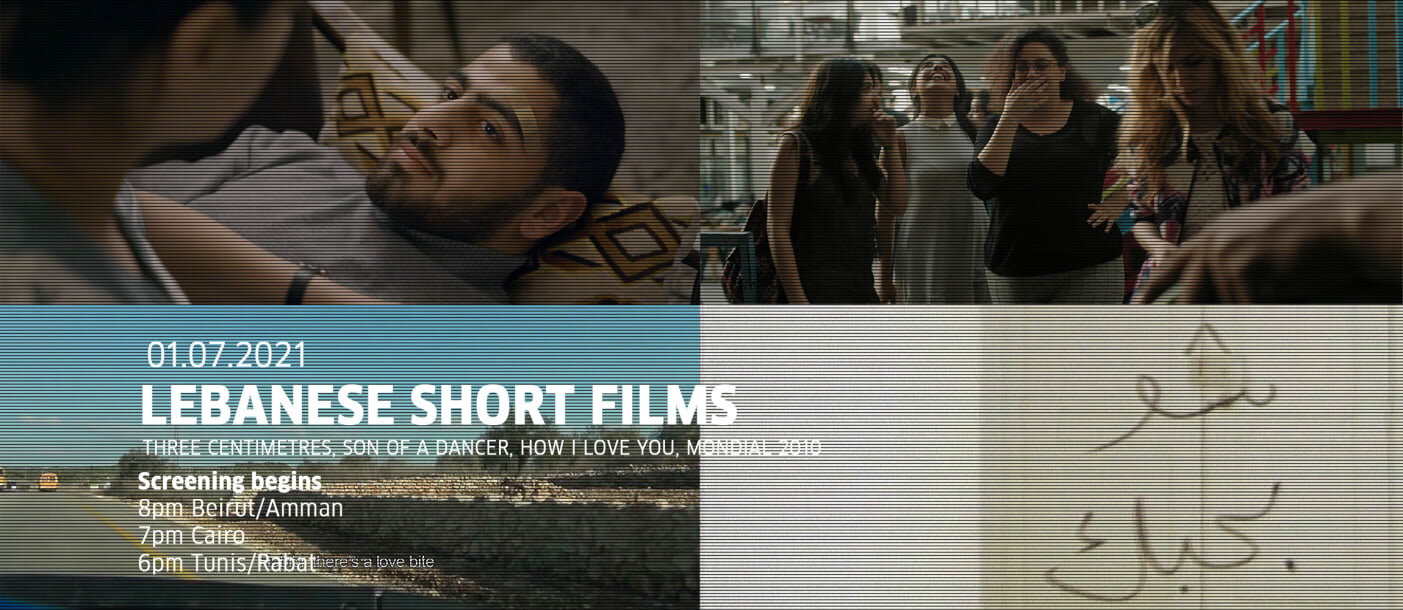

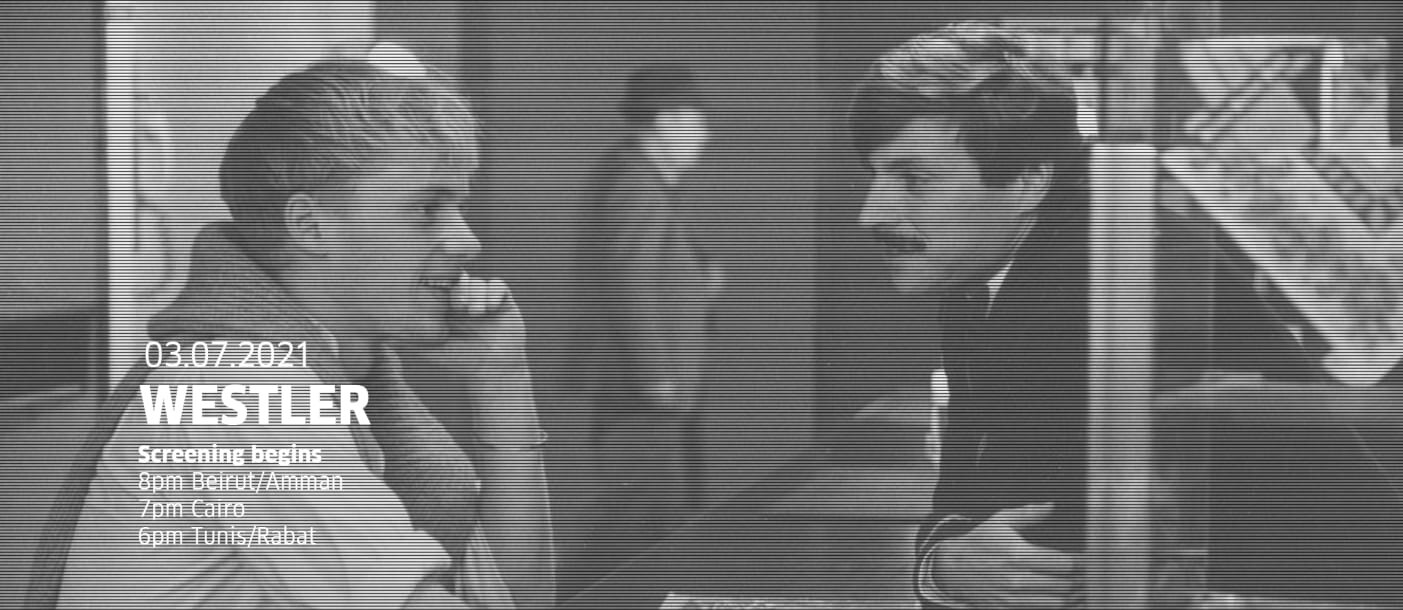
BODIES IN—BETWEEN: A VIRTUAL FILM PROGRAM FROM GERMANY AND THE ARAB REGION
A film program of 12 films featuring individual destinies of protagonists from Germany and the Arab region, inhabiting liminal spaces, in their quest for self-realization. Curated by Iskandar Abdallah, the films, in both geographical contexts, tackle themes of alienation; immigration; borders; family relationships and in-betweenness. Nevertheless, the program does not attempt to plot a comparison between the starkly different milieus.
Curatorial note
Since the beginning of the 20th century, cinema has been a main site for representing and negotiating alternative forms of love, non-normative practices, and identities. For the most part, films contributed to stereotyping and stigmatizing sexual difference, reflecting validating, but also shaping social conventions and political imaginaries of the “ideal” bodies and “proper” desires. In many other cases though, filmic representations operated against the grain of those conventions, questioning normative consensus, and envisioning new possibilities of embodiment, identification, showing affection and seeking intimacy.
If German cinema has, as early as 1919, addressed topics of non-normativity in Anders als die Anderen (Different from Others) by Richard Oswald, who co-wrote it with the famous physician and pioneer advocate for sexual rights Magnus Hirschfield, in 1954 Arab cinema ventured featuring a transgender main character in Miss Hanafi by Fatin Abdelwahab, considered to be one of the earliest films tackling transgender identities across the globe.
Focusing on recent productions while providing insights into few pioneering classics, we aim in this film program at bringing German and Arab filmic representations of non-normative identities in conversation. The selection encompasses films of different genres and styles that pursue a similar set of questions: How queer desires and embodiments are negotiated in face of social pressure and patriarchal norms? How queer identities are claimed? But also, how queerness can take shape beyond identity; in forms of intimacy and affection that disturb–often in decoded or ambiguous modes–conventional scripts of love, nuclear family, conjugal relationships, and gender dichotomy.
To juxtapose German and Arab experiences in one film program is not to plot comparisons for the sake of noting or obscuring difference in as much as it is an attempt to understand queerness as a common condition of in-betweenness and an experience of alienation. Protagonists of the selected films inhabit liminal spaces between homes and identities, re-claiming them as battlefields to redefine the self, negotiate norms, and break off with binaries. In the selected films, queerness unfolds in moments of conflict with social expectations, with power relations or even with one's own beliefs. These moments create a sense of alienation urging the self to recognize its peculiarity, but also offering new possibilities to imagine ways of living that are more just and free; to envision the world anew. Alienation and liminality as a condition of this state remain, nevertheless, bounded by culture, history and political context. The particularities in expressing sexual differences and narrating non-confirming stories are also evident in the selected films, highlighting the distinctiveness of queer experience in the respective German and Arab contexts.
